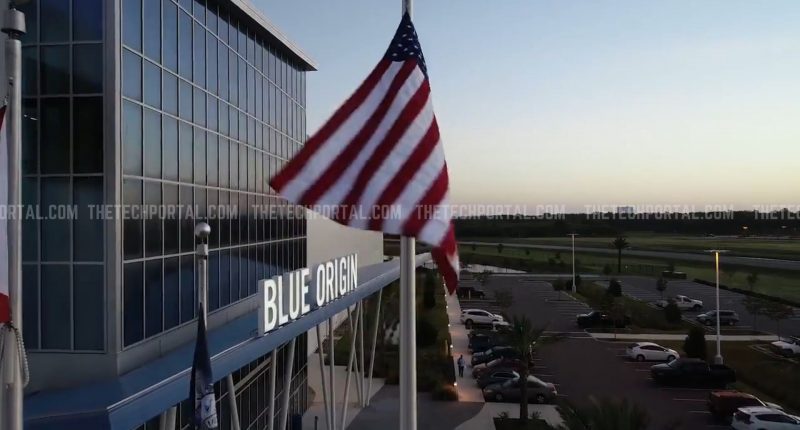Blue Origin’s lawsuit against NASA over the $2.9 billion lunar contract has come to an end, and by the looks of it, it is not a victory for Jeff Bezos’ space company. The company lost the lawsuit after a federal judge rejected its attempt to overturn NASA’s decision of rewarding SpaceX with the contract.
The contract in question was for NASA’s Human Landing System program and would see SpaceX use its Starship rocket to deliver astronauts to the moon’s surface for NASA’s Artemis program, which aims to send astronauts back to the moon for the first time since 1972. After competing with Blue Origin and Dynetics for what NASA had hinted will be two contracts. But receiving lesser-than-expected funding from Congress, NASA chose to persist with SpaceX and awarded it the sole contract, to the chagrin of both Dynetics and Blue Origin.
Blue Origin claimed that it was an unfair advantage to SpaceX, its rival, and took NASA to court over the decision, with the U.S. Government Accountability Office – however, it lost after the GAO rejected both Blue Origin’s and Dynetic’s protests, arguing that NASA “reserved the right to make multiple awards, a single award, or no award at all.”
According to a redacted version of its lawsuit, Blue Origin focussed on proving that NASA wrongly awarded the contract to only SpaceX and “disregarded key flight safety requirements” in the process.
On Thursday, Judge Richard Hertling said that Blue Origin’s motion for judgment had been denied. Now, the legal battle has finally come to an end, freeing NASA and SpaceX to work on the HLS program. As long as the lawsuit was underway, neither had been free to work on it. Whether this will delay humanity’s return to the moon, only time will tell.
Bezos tweeted that the ruling was “not the decision we wanted,” but noted that “we respect the court’s judgment.” NASA said that more contracts for additional lunar missions will be announced next year.
The Tech Portal is published by Blue Box Media Private Limited. Our investors have no influence over our reporting. Read our full Ownership and Funding Disclosure →





